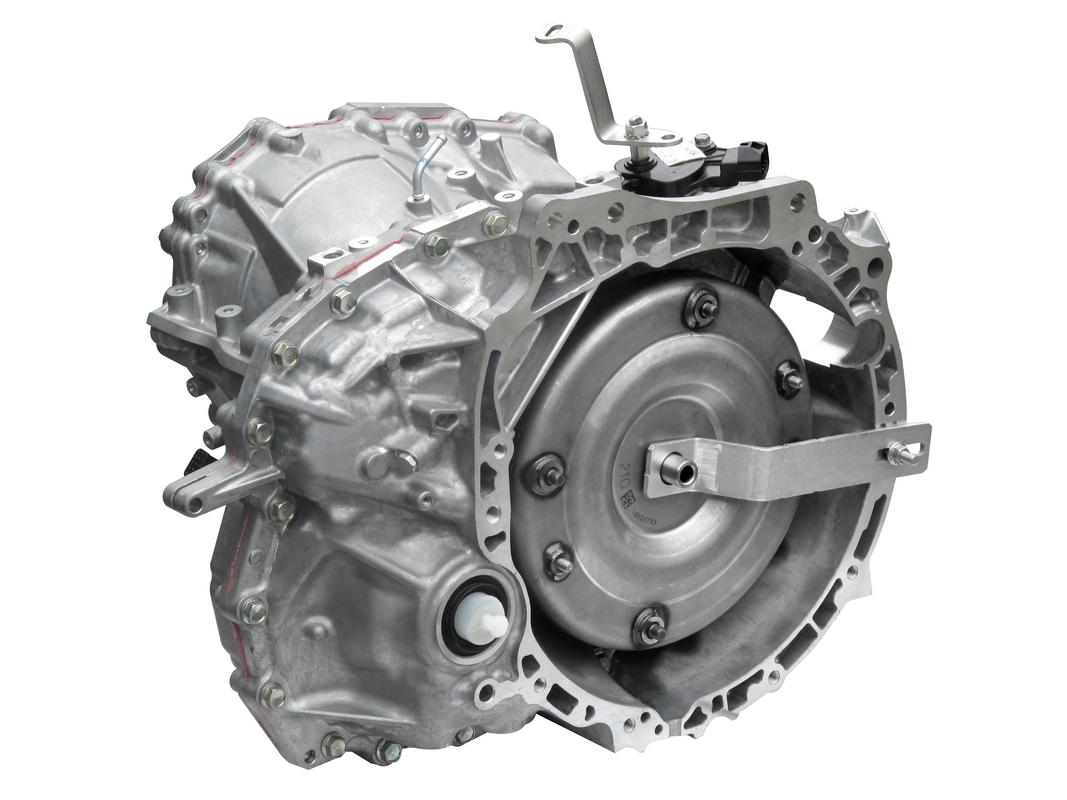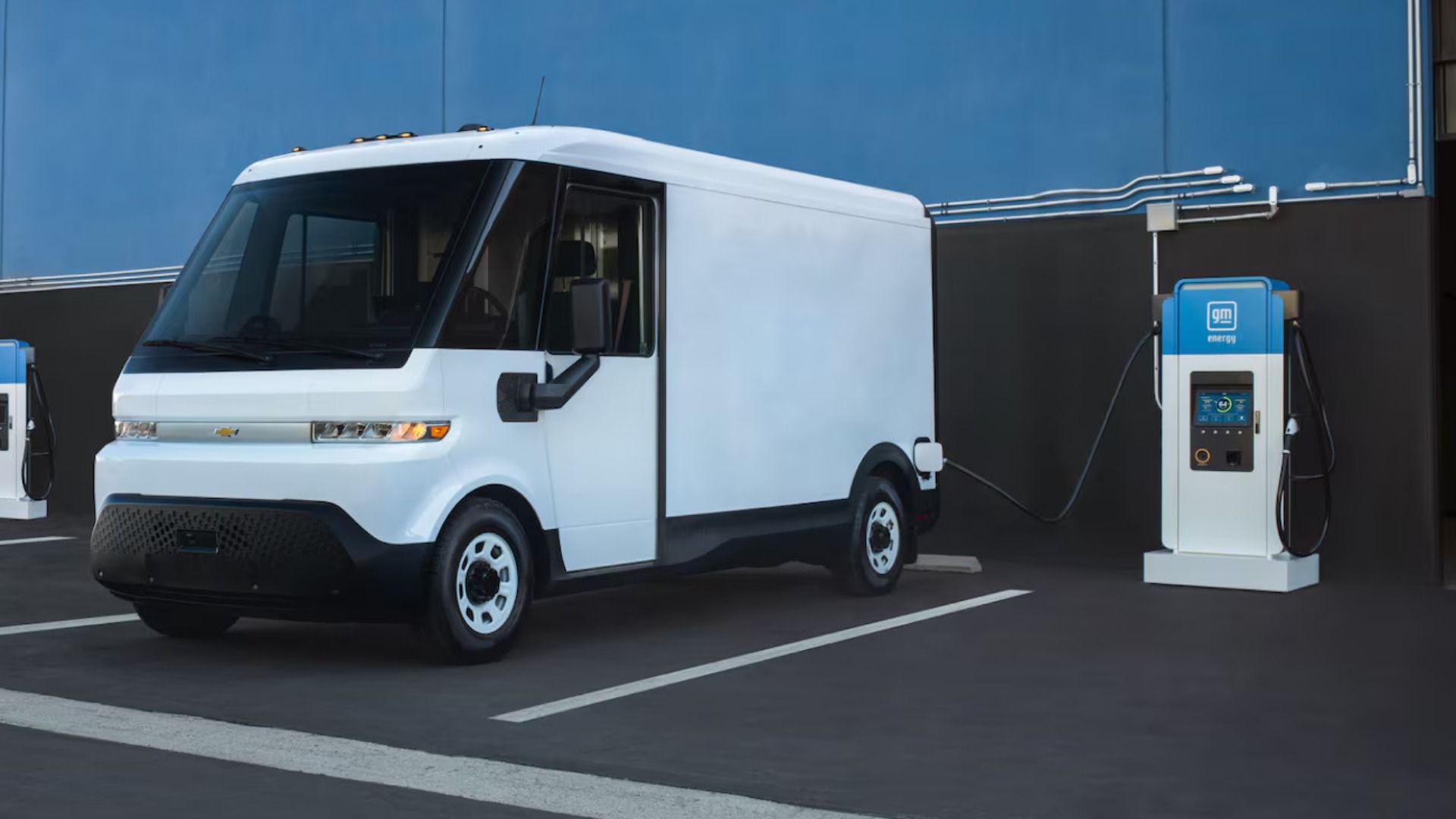Quantum computing takes on automotive design and manufacturing
[ad_1]
A collaboration looks to analyze the applicability of quantum computational algorithms to metallic forming purposes modeling.
Vehicle manufacturer BMW and quantum computing technological innovation developer Pasqal have entered a new section of collaboration to examine the applicability of quantum computational algorithms to metal forming purposes modeling.
The automotive marketplace is one particular of the most demanding industrial environments, and quantum computing could solve some of the critical structure and production concerns. In accordance to a report by McKinsey, automotive will be 1 of the major worth pools for quantum computing, with a large effect noticeable by about 2025. The consulting business also expects a important economic impression of connected technologies for the automotive business, estimated at $2 billion to $3 billion, by 2030.
Volkswagen Team led the way with the launch of a focused quantum computing study workforce back in 2016.

BMW has been performing with Pasqal because 2019 to acquire quantum enhanced solutions for chemistry and materials-science in the field of battery R&D, Benno Broer, CCO at Pasqal, advised EE Periods Europe .
The existing collaboration, having said that, follows the BMW Team Quantum Computing Problem in late 2021. The contest centered on 4 particular challenges where by quantum computing could give an benefit more than classical computational approaches, and Qu&Co was the winner in the classification “Simulation of materials deformation in the output process”. Qu&Co and Pasqal later merged their companies, combining Qu&Co’s strong portfolio of algorithms with Pasqal’s total-stack neutral-atom program to speed up the quantum path to professional programs. The united business is acknowledged as Pasqal and found in Paris.
“The cause we were picked is because our proprietary method to fix intricate differential equations is currently the only practical strategy to remedy these kinds of issues on in the vicinity of-term quantum processors,” reported Broer. “The content deformation issues we will now operate on with BMW Team are governed by these types of differential equations.”
Pascal reported its team of researchers has made a digital-analog implementation of its quantum methods, personalized for its neutral-atom quantum processors, which makes these purposes “30 situations more efficient” than on competing superconducting quantum processors.
When requested to offer more facts on this electronic-analog technique, Broer defined, “Our method needs us to produce a substantial amount of money of quantum entanglement amongst our qubits. Intuitively: the far more entanglement we build the a lot more effective (more correct) our approach gets. In a completely electronic implementation, we make this entanglement by making use of 2-qubit gate functions (which entangle 2 qubits). In the electronic-analog variation of the algorithm, we swap this entangling procedure by an analog operation, which is a multi-qubit procedure. The replacement of the 2-qubit gates by this analog multi-qubit procedure makes the strategy a lot extra efficient, and at the exact same time extra sounds sturdy.”
“The outcome is that we can crank out a lot extra entanglement in the time we have ahead of the quantum processor will become decoherent (it loses its quantumness because of to the inherent noise in all latest day quantum processors). And yet again: Far more entanglement suggests a a lot more potent solver.”
Pasqal’s digital-analog method is described in far more depth in the blogpost, Neutral Atom Quantum Computing for Physics-Educated Device Mastering .
The simulations will operate in Pasqal’s facilities around a 6-month period of time.
As to when the 1st car versions optimized with Pasqal’s simulations will hit the roads, Broer said it is much too early to notify. “What we can say is that Pasqal expects to be equipped to showcase the first market pertinent quantum edge with our differential equation solvers in 2024. We can’t yet guarantee that all those to start with quantum benefit showcases will be for the software of products deformation.”
Real-world apps of these simulations incorporate crash screening and accelerated development of new, lighter, more powerful sections and materials that be certain passenger protection whilst reducing emissions and progress expenses, the business mentioned.
The reduction in development charges that Pasqal’s simulations might let BMW to reach are unable to be quantified at this position of time, said Broer. “In standard, we see a trend towards replacing expensive and time-consuming construct-and-examination cycles in automotive R&D with electronic investigate (building ‘digital twins’ of the motor vehicle or vehicle sections). The money gain related to this ought to be quantified in each the expense saved for the bodily construct-and-test process, the charge of the content saved (working with significantly less metal while maintaining the similar structural strength), and probably most importantly the significantly improved time-to-industry of a new era of autos.”
He additional, “Our quantum techniques supply the essential added computational ability to permit exact ‘digital twin’ type simulations of larger and a lot more advanced elements of a auto or potentially someday a whole car.”
Pasqal’s quantum computational simulation, now applied to automobiles, could be utilized for other sectors. For every new class of differential equation problems, Broer said Pasqal has to parameterize its quantum algorithms to be equipped to fix that precise class. “Once we can remedy the difficulty of content deformation, we can use these solvers to also tackle difficulties outside of this subject exactly where the differential equations have a related construction.”
[ad_2]
Resource url








